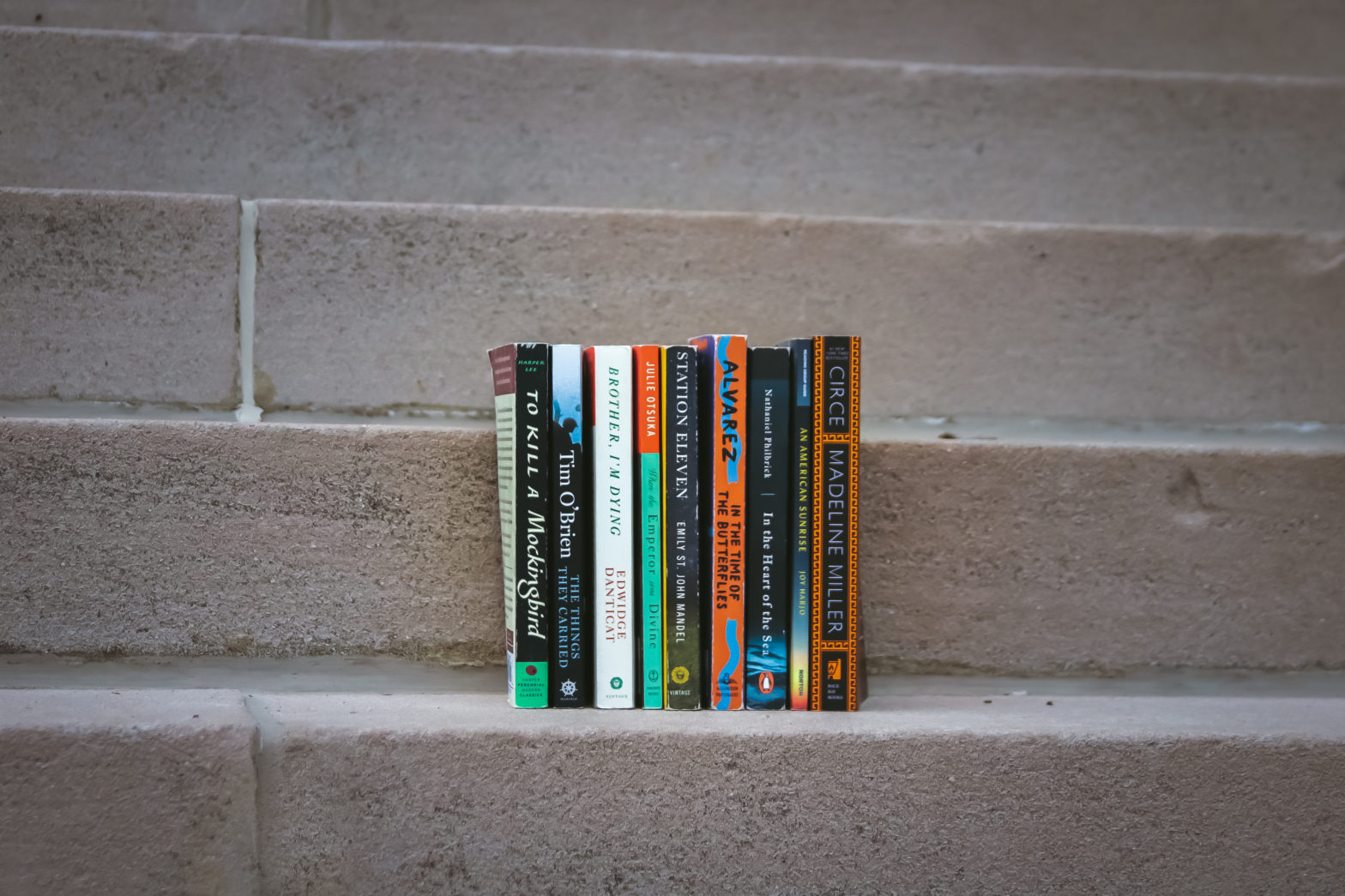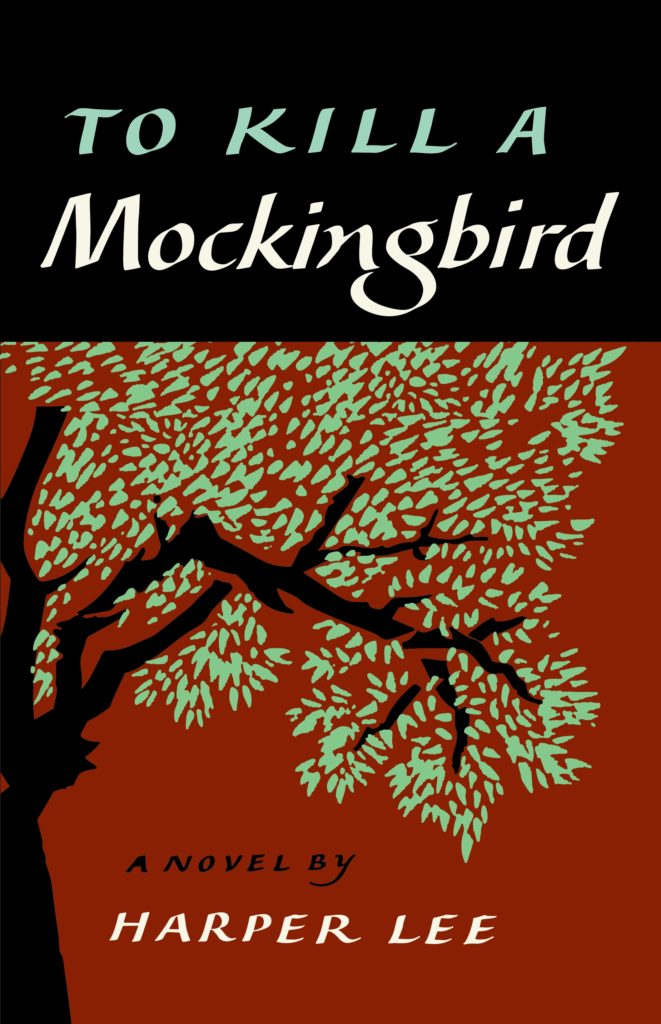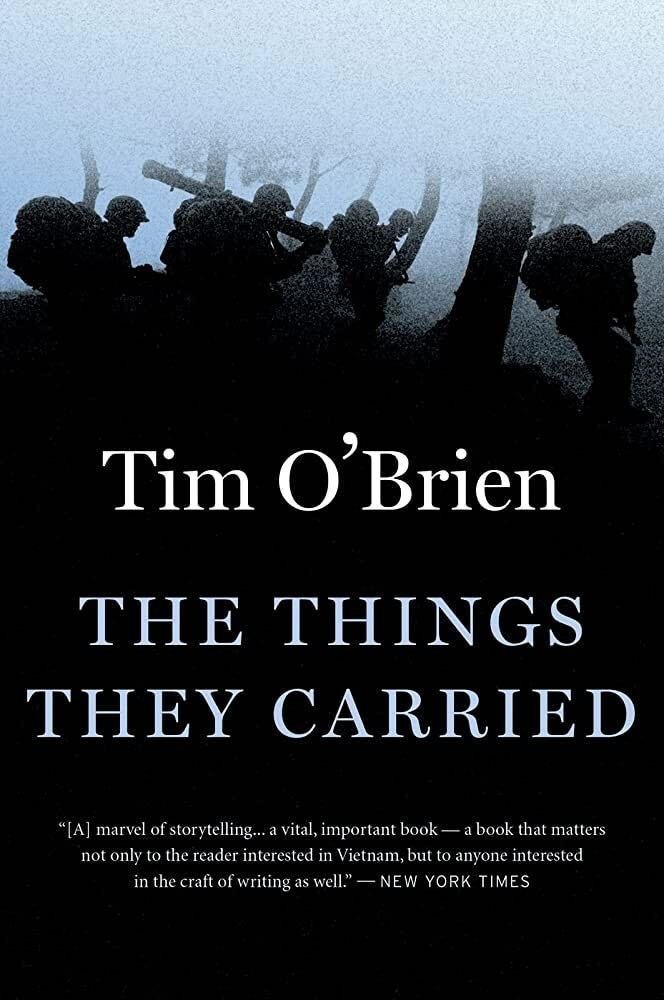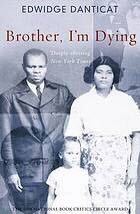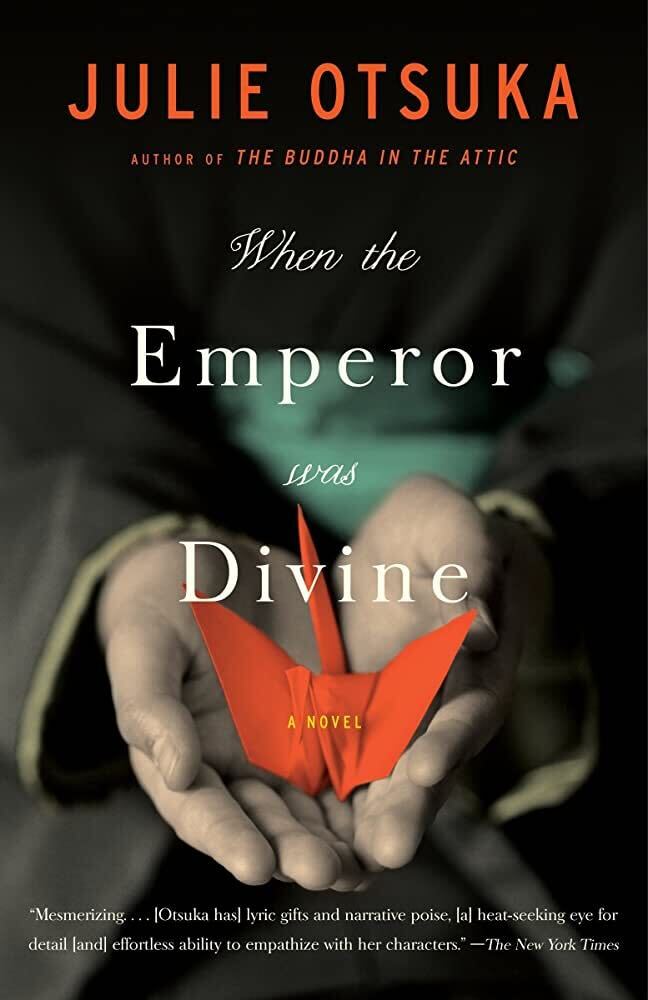Here at the Big Read, we are excited to be getting closer to announcing our book for the 2023 program. As we approach the tenth anniversary of the Big Read Lakeshore program, we want to take the time to look back at where we started with the first five books. The Big Read started in 2014 and has transported our community to places and times very different from our experiences here in West Michigan.
In our first year of The Big Read, we visited Scout and Atticus Finch in 1930s Alabama and sat through Tom Robinson’s court case. To Kill a Mockingbird by Harper Lee was our kickoff book, and it was unclear how the community would respond or engage with the program. Slowly schools, libraries, and other local organizations began to come on board and we were able to continue to grow those connections since then.
Throughout the month, we talked about themes of race and equality and had some great events, like talking to a childhood friend of Lee.
In our second year, we traveled to the Vietnam War through The Things They Carried by Tim O’Brien. These short stories talked about the physical, emotional, and mental burdens these soldiers took up. Amidst conversations about these burdens, many local schools got involved and found ways to interact with these stories by creating various art pieces to inspire the community.
In our third year, we joined Edwidge Danticat in her journeys in Haiti and the United States starting in 1969. Brother, I’m Dying was the first autobiography we read for the Big Read, and it approached hard topics like immigration and the American dream. Art was used once again, but this time involving as much as the community as we could with an installation art piece made up of hundreds of individual reflections on the stories shared and fingerprints representing the many identities that make up the Holland area.
The fourth year of Big Read brought us the story of a nameless family in a Japanese internment camp through the story of When the Emperor Was Divine by Julie Otsuka. Based on real family experiences, the novel spends time on the differing perspectives of four family members and their eviction from California to a Japanese internment camp in Utah during World War II. One memorable event from that year was getting to see Raion Taiko Drumming and learn some Japanese words along the way.
Station Eleven by Emily St. John Mandel kept us in the Great Lakes region and instead took us on a journey to a dystopian future society. A swine flu pandemic taking out a large part of the world population most likely seemed more dystopian in 2018, but rereading it in 2023 could give us a different perspective after our experiences with COVID. Some discussion brought up during the program were questions about art and what legacy we pass on to children. We traveled a lot in this book, from person to person and back to the past many times.
This community has blessed us with a space to share these stories, and we are thankful for your support and engagement with our program. Some of you have been with us from the very beginning, and we are extremely grateful for you. For those who are just beginning their journey with us, welcome! We cannot wait to share where you get to travel with us this year!


